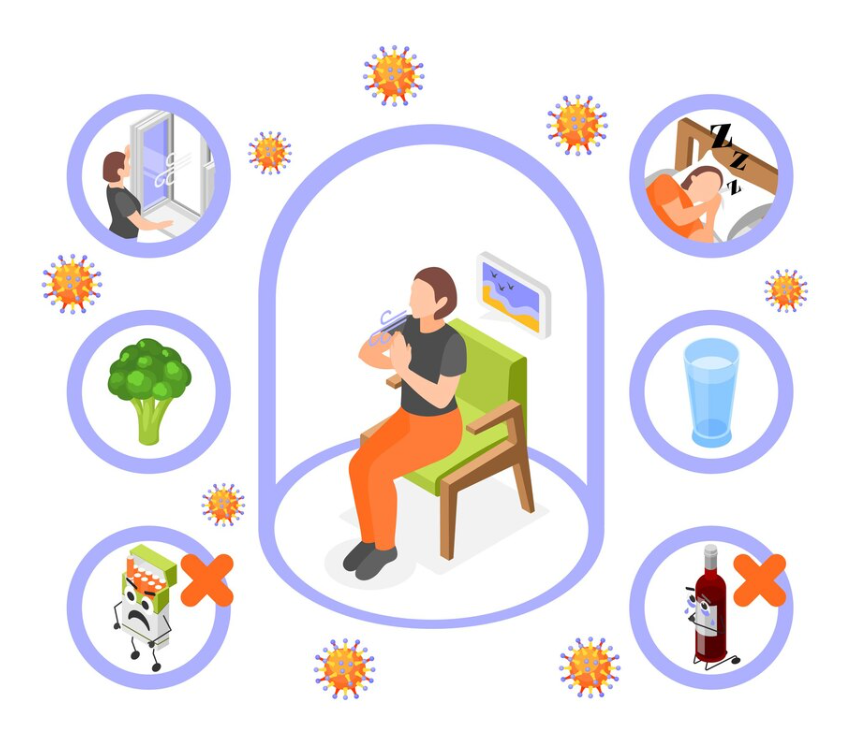
Tuberculosis and the Immune System: Understanding Host-Pathogen Interactions
Introduction: How Tuberculosis and Your Immune System Interact
Tuberculosis (TB) primarily affects the lungs, but did you know that your immune system plays a crucial role in defending against it? Let’s dive into how TB and your immune system interact.
Host-Pathogen Interactions
When TB bacteria enter the body, the immune system activates to fight them off. However, TB bacteria have evolved mechanisms to evade immune defenses, allowing them to survive and multiply. This battle between the immune system and bacteria determines whether the infection progresses to disease.
The Role of Immune Cells
Two main immune cells play a vital role in the fight against TB:
- Macrophages: These cells are the first responders, trying to engulf and kill the bacteria. However, TB bacteria can survive inside macrophages, making it harder for the body to eliminate them.
- T Cells: These cells help coordinate the immune response, activating other immune cells to combat the infection. T cells also form granulomas, which contain the bacteria to prevent them from spreading.
TB’s Evading Strategies
TB bacteria use several strategies to evade the immune system:
- Hiding in Cells: TB can survive inside macrophages, effectively hiding from other immune cells.
- Suppressing Immune Response: TB bacteria release substances that dampen immune signaling, allowing them to persist and multiply.
Immune System Balance
A strong immune system helps keep TB bacteria in check, preventing the disease. However, factors like poor nutrition or an underlying health condition can weaken the immune system, allowing the infection to progress. Maintaining a healthy immune system through good nutrition, exercise, and avoiding smoking or excessive alcohol is essential in preventing TB.
Conclusion: Take Care of Your Immune System
Understanding the relationship between TB and the immune system highlights the importance of immune health in preventing infection. By strengthening your immune system, you can reduce your risk of contracting TB and other infections, keeping your body better equipped to fight diseases.
To seek medical advice, always consult a Doctor. Here are our recommended experts. Click here
To read more on Respiratory disease . Click Here


